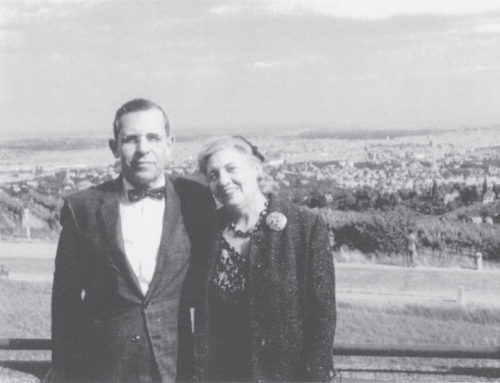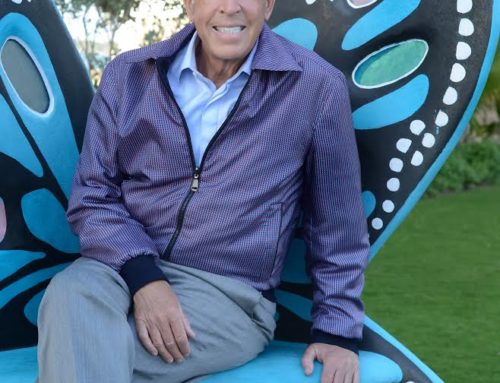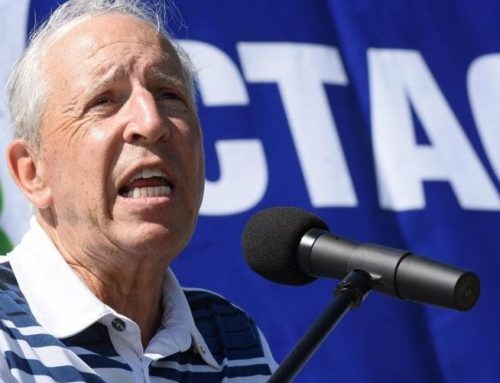1900–1964
The Joseph S. Werlin Scholar in Latin American/Hispanic Research Endowment in Sociology honors Professor Joseph Werlin (1900-1964), a founding faculty member of the Department of Sociology at the University of Houston from its inception in 1934 until his death, March 30, 1964.
Dr. Werlin’s approach to sociology was influenced by famous pioneers in the field at the University of Chicago and by his own doctoral pursuits in history. While he taught classic courses in sociology, his particular interest was to engage students in understanding those forces — historic, ethnic, demographic and cultural — which give shape to the social and political characteristics of societies. He often used the phrase “cultural understanding” to describe his vision.
During the 1940s, Dr. Werlin became increasingly concerned with the problems of Mexican-Americans in Texas and the serious misperceptions which existed between the two neighbors, Texas and Mexico. In 1943, with financial help from a Houston philanthropist and friend, M.M. Feld, he met with administrators at the National University of Mexico to explore possibilities for an accredited summer study program for teachers and university students. With vital participation by Rosella Werlin, the first University of Houston International Study Center in Mexico was launched in the summer of 1944. Attracting more than 70 participants in the initial season, the program combined sightseeing and other tourist interests with lectures by university educators, government officials and social service administrators as well as required course work in social history and Spanish. Beginning in 1947, the popular study programs were expanded to include similar university-affiliated programs in Guatemala and Cuba, where they continued successfully until 1953.
Dr. Werlin’s enduring interest in Mexico, in particular, was expressed in innumerable ways during his 30-year career at the University of Houston. He logged more than 30 trips to Latin American countries, most frequently to Mexico. For many years, he taught a course he developed called “Contemporary Mexico,” which was, to his knowledge, the only such course offered in American universities. He spoke frequently on Mexico, Guatemala and Cuba to civic organizations throughout Texas and served on the Houston Board of the Texas Good Neighbor Commission. He authored articles on Mexico in the Yale Review, South Atlantic Quarterly, Proceedings of the Texas Academy of Science, and on other Latin American-U.S. concerns in Houston newspapers. He obtained scholarship support through the University for students from Mexico and Guatemala, several of whom remained in contact with the Werlin family until Rosella Werlin’s death, in 1985.
In 1951, Dr. Werlin received the “Distinguished Visitor’s Medal” and diploma from the Government of the Federal District of Mexico.
In spring of 1960, Dr. Werlin took a semester leave from teaching in order to concentrate his energies on a book, not completed, to which he gave the working title “Today’s Mexico.” His personal collection of background materials and books numbered 1,500 volumes. That collection resides at Brigham Young University.
Forty years after his death, the Joseph S. Werlin faculty award has been endowed by Ernest Pyle Werlin, son of Joseph and Rosella Werlin on behalf of his siblings, Herbert H. Werlin and Joella Werlin, his wife, Eloise, and daughters, Michele and Danielle. The award, says Ernie Werlin, “is a vigorous way of expressing my father’s vision.”
Joella Werlin
March 2, 2004
More content on Joseph Werlin from around the web
- “Teaching the World” by Vickie Vogel for the Texas Jewish Historical Society
- Joseph S. Werlin Awards – Professor Joseph Werlin (1900-1964) was a founding faculty member of the department of sociology at the University of Houston.




